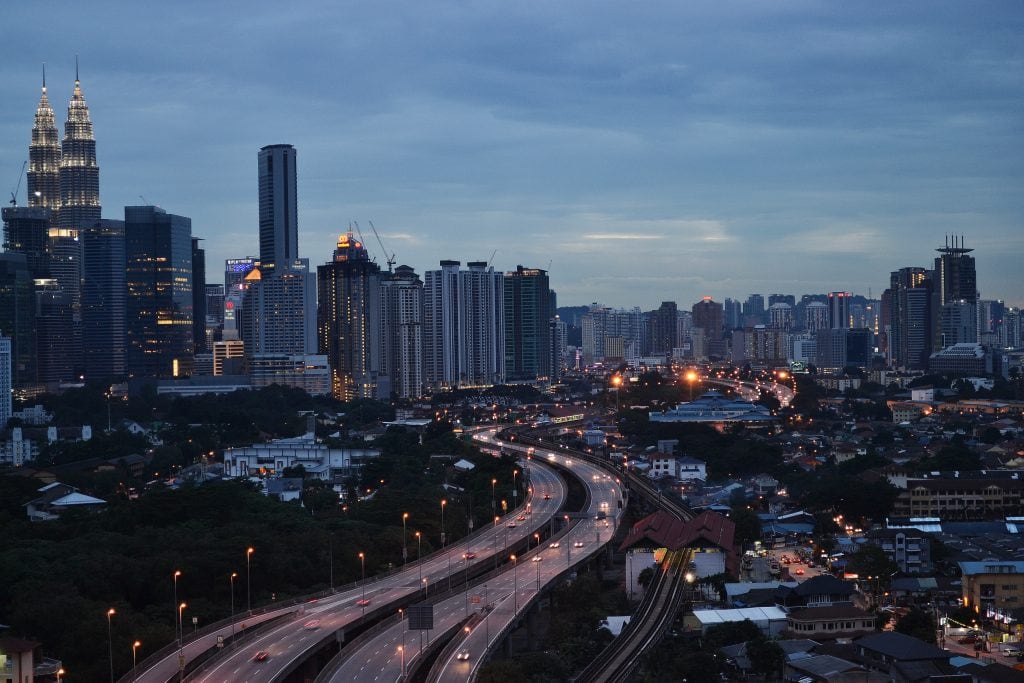Written by Sandra Lee, Senior Legal Associate
Permanent residency in Malaysia offers individuals the opportunity to establish long-term legal residence in the country. This article provides a comprehensive introduction to the concept of permanent residency, its significance, benefits, and key considerations for those interested in applying.
—— What is Permanent Residency? ——
Permanent residency, also known as “Permanent Resident” or “PR” status, grants individuals the right to reside indefinitely in Malaysia. It signifies a more permanent attachment to the country and allows individuals to enjoy various benefits and privileges. Unlike temporary visas or work permits, permanent residency is not time-limited and provides greater stability for individuals seeking to make Malaysia their long-term home.
—— Significance of Permanent Residency ——
Obtaining permanent residency in Malaysia is a significant milestone for individuals who wish to establish their lives, careers, and families in the country. It signifies a deeper level of integration into Malaysian society and grants individuals legal recognition as long-term residents. Permanent residency is an important step towards potential citizenship or dual citizenship options, further enhancing an individual’s rights and privileges.
—— Benefits of Permanent Residency in Malaysia ——
Permanent residency in Malaysia offers a range of benefits and privileges that contribute to a fulfilling and stable life. Some of the key advantages include:
- Employment Opportunities:
Permanent residents have the freedom to work in Malaysia without the need for a separate work permit. This provides a wider range of job opportunities and equal employment rights, ensuring that individuals are protected under labor laws and entitled to fair treatment.
- Access to Education and Healthcare
Permanent residents in Malaysia enjoy access to public educational institutions, including schools, colleges, and universities. This allows their children to receive quality education without the need for costly international fees. Additionally, permanent residents have access to public healthcare services, ensuring affordable medical care and potential cost savings compared to non-resident healthcare expenses.
- Property Ownership
Permanent residents are permitted to own residential and commercial properties in Malaysia without specific restrictions. This presents opportunities for investment, long-term financial stability, and the ability to create a permanent home in the country.
- Government Benefits and Schemes
Permanent residents may be eligible for various government benefits and schemes. These can include access to government subsidies, social welfare programs, and retirement schemes, enhancing their social and economic stability.
—— Eligibility Criteria for Permanent Residency ——
To be eligible for permanent residency in Malaysia, in dividuals must meet certain criteria. While the specific requirements may vary depending on the pathway chosen, the general eligibility criteria include:
- Employment-Based Permanent Residency:
Individuals applying based on employment must typically demonstrate a stable employment record, meet specific job categories, salary thresholds, and possess the necessary work experience.
- Investment-Based Permanent Residency:
Individuals seeking permanent residency through investment programs, such as the Malaysia My Second Home (MM2H) program or Premium Visa Program (PVIP), must fulfill the financial requirements and make a significant contribution to the Malaysian economy.
- Family Sponsorship for Permanent Residency:
Those applying for permanent residency through family sponsorship must provide evidence of their relationship with a Malaysian citizen or permanent resident, such as marriage or parent-child relationship, and meet other supporting criteria.
- Specific Requirements for Each Pathway:
Each pathway to permanent residency may have additional criteria and documentation requirements that applicants must fulfill. It is crucial to carefully review and understand the specific eligibility criteria for the chosen pathway.
—— Application Process ——
The process of applying for permanent residency in Malaysia involves several steps. These typically include:
- Gathering Required Documents:
Applicants must compile and submit the necessary documents to support their permanent residency application. These documents may include identification papers, employment records, investment details, family relationship proofs, and any other specific requirements based on the chosen pathway.
- Submission and Application Procedures:
Once the required documents are compiled, applicants need to submit their application to the relevant immigration authorities. The application process may involve filling out application forms, paying the required fees, and submitting the documents either online or through physical submission channels.
- Tracking Application and Processing Times:
After submitting the application, applicants can track its progress through the relevant immigration authorities’ online portals or inquiry systems. Processing times may vary, depending on the complexity of the application, the volume of applications being processed, and any changes in immigration policies.
- Follow-up and Communication:
It is important to maintain regular communication with the immigration authorities during the application process. Responding promptly to any requests for additional information or clarification is crucial to ensure a smooth and efficient application process.
Obtaining permanent residency in Malaysia is a significant step towards long-term settlement and enjoying the benefits of residing in the country. By understanding the concept of permanent residency, its benefits, eligibility criteria, and the application process, individuals can pursue their goal of becoming permanent residents in Malaysia.
It is recommended to seek professional advice from immigration experts or legal professionals to ensure a successful application process.


